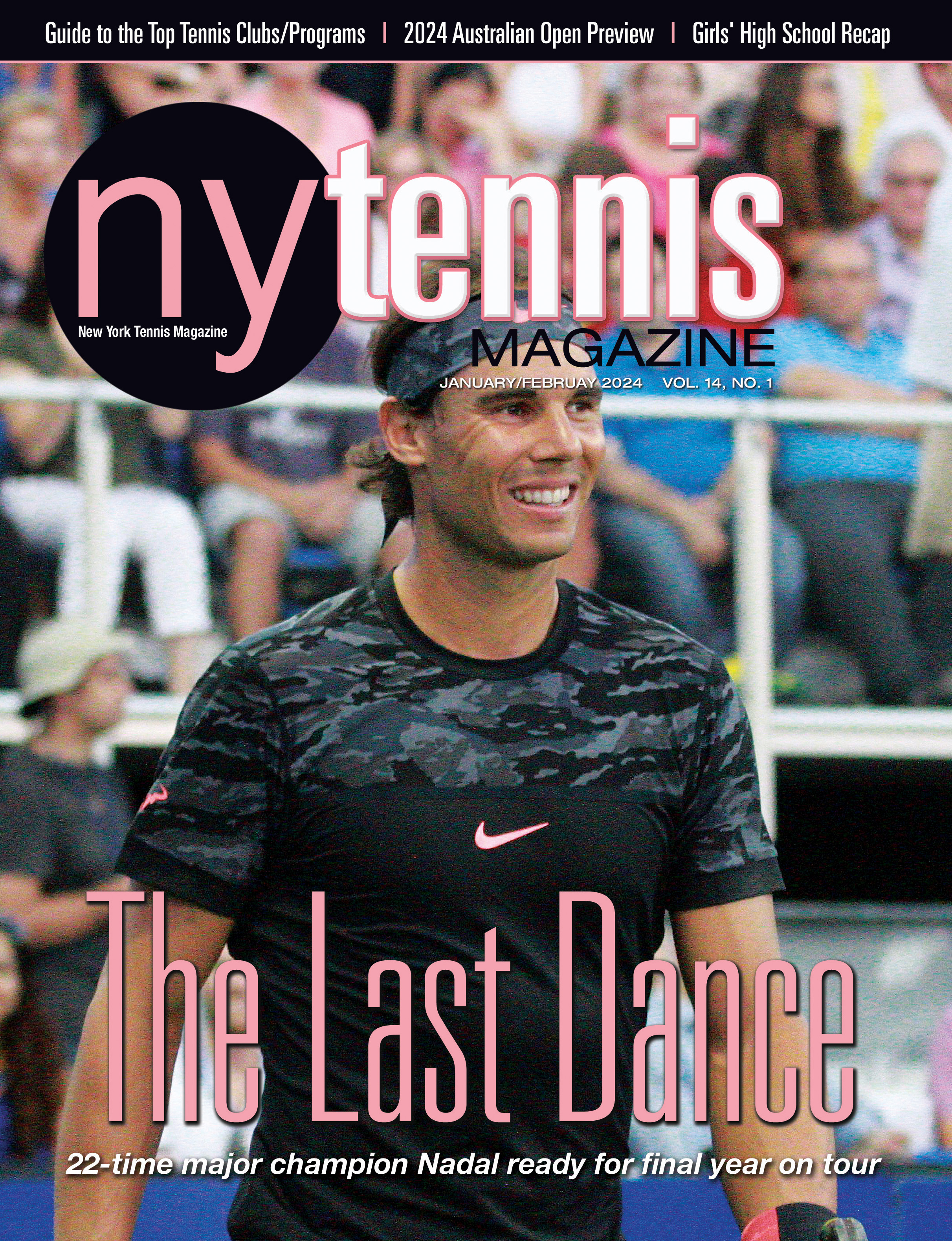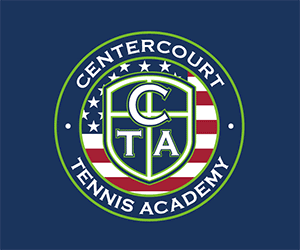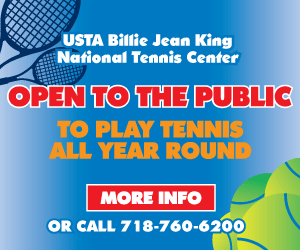From Tennis to Real Estate: Q&A with Parsa Samii, Compass

New York native Parsa Samii was a top junior tennis player who went on to have a successful collegiate playing career before becoming a high-performance tennis coach here on Long Island. Now, Samii is one of the area’s most respected real estate agents, and is using a lot of what he learned as a high-level tennis player and coach to find success in the real estate industry.
New York Tennis Magazine spoke with Samii about his time in tennis and how he has used his experiences in his current profession.
1) How long were you in the tennis industry?
I always consider this as an interesting question. I started playing tennis at 13, and from the moment I picked up a racquet, it was love at first sight. From playing college tennis, to dabbling at the professional level, and then coaching players at the highest levels in the junior and pro game, it’s safe to say I have been in the tennis community for over 30 years.
2) What led you to pivot out of tennis and move into the real estate world?
I’ve always approached coaching with a high level of intensity, and I taught every lesson as if it was the finals of a tournament. As a coach, you truly are only as good as your last hour. When I began to have to alter my coaching style in order to stay healthy, it sort of took the passion away, and became more of a “job”. When that threshold was crossed, I felt like I was working to make money, it just didn’t have the same feel or excitement that I had always associated with tennis.
3) What are some of the similarities you found between coaching tennis and what you do now as a real estate broker?
I find that the similarities are incredible. First, the emotional and mental swings of a successful real estate transaction are so similar to the pillars of strength and belief you need to have as a coach and player. My unwavering, stoic, intense attitude in real estate is the same as a coach. If there is a will to get to the finish line, then there is always a path to that goal and we will succeed no matter the challenges that we may face. Second, I would say is relationships. You have to understand people, their needs and wants, strengths and weaknesses and tailor your advice to help them understand what they need to be doing in order to achieve success. On the tennis court I call this your “steps to success.” Lastly, being in a commission-based business you are compensated when you’ve completed a transaction, very similar to teaching a lesson and being paid at the end of it. I can go on and on about but I feel these are the three biggest ones.
4) How has what you learned through tennis help you succeed in the business world?
Tennis gave me the platform to understand so much about myself and how I approach various problems that inevitably arise. You must adjust quickly, you must maintain a true sense of self, and you must ensure that your adjustments fall within the confines of your capabilities. Tennis forces you to think strategically through different challenges. And while experience helps, it’s the problem-solving skills learned on a tennis court that have given me the confidence to always find a way. That idea of perseverance directly translates to business when different variables arise. Having that knowledge and confidence provides immense power and self-assurance in the business world. Nothing comes for free, and you have to work for what you want. I find that tennis and business both follow that principal.
5) What do you recommend to people who have been tennis players/coaches, but are struggling to find their way in the business world?
I actually get a lot of calls from former players and coaches who want to learn my formula for success and how I navigated through my professional transition. My response is always the same: you need to do everything in your power to be an expert in your field. No one should know your product better than you. I enjoy helping players, coaches, business people and clients find their way. I truly believe that everyone has an extraordinary gift inside them and I love to help people identify what that is.
6) How often do you still play tennis, and how are you balancing your life between tennis, your job and family?
The ebbs and flow of real estate are extreme. When it’s busy, it’s very, very busy. But when it’s slow, it can be a time to take break, hit some balls and plan for the business year to come. My time on the court, as a player, varies but I probably average once a month and I still coach a few hours a week. Family wise, this unique flexible career allows me to be home for dinner almost every night but I’m working every weekend for more than half the year. It’s always a challenge to balance everything, but I do my best. Every person and their career present its own challenges, and finding balance is a constant work in progress.







